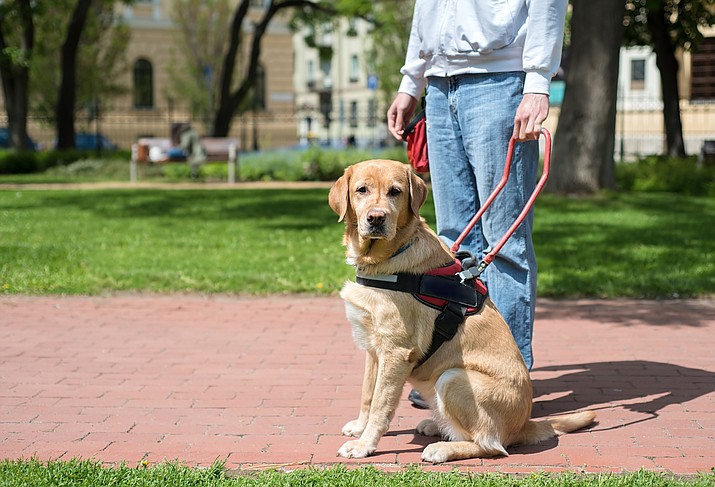Emotional Support and Service Animal Policy


Emotional Support Animals
To have an Emotional Support Animal (ESA) in the residence halls), a TVCC student should submit a request form here. The provider of the prescription authorizing the ESA must be a licensed professional, not a family member of the student requesting the accommodation, who is knowledgeable of the difference between an Emotional Support Animal (ESA) and a Service Animal (SA). A good match between the qualifications of the person making the diagnosis and the condition is expected. The provider must also be able to show an established treatment relationship and have a permanent residence and practice in the same state as the client. The prescription should be for the current academic year the student is enrolled and specify the building the ESA is needed. A new prescription is required to accompany an updated request for accommodations form each academic year. An “internet” certificate is not accepted as the sole supporting documentation. The student must have documentation of completion for obedience training for the ESA. The therapeutic relationship must be established face to face and not through “teletherapy” (i.e. phone, skype or any other electronic means). Fraudulent documentation will result in immediate student suspension from the residence hall.
The Director of Student Access and Counseling and/or designee will approve or deny the request within 7-10 business days the completed request is submitted. This determination will be made according to the following criteria:
- The student has a disability for which the animal is needed;
- The animal is necessary to allow the individual an equal opportunity to use and enjoy a room in the residence hall
- The relationship between the disability and what the ESA provides is identifiable;
- Emotional Support animals will NOT be allowed in any other college building than what is identified on the prescription.
ESAs provide comfort for the owner. They are not allowed in any building on campus other than the owner’s personal residence unless authorized and/or designated by the Director of Student Access and Counseling. ESAs are subject to all city and/or county ordinances including vaccination, licensure, animal health and leash laws, as well as College Policy.
*For TVCC events, TVCC campus police officers/Director of Student Access and Counseling will visit with the owners as they enter the event and determine if the animals are an acceptable ESA.
Exceptions regarding the use of approved ESAs.
Emotional support animals can be removed from campus and/or campus housing if the animal:
- is not housebroken;
- causes substantial physical damage to the property of others or College property;
- poses a direct threat to the health and safety of others;
- waste is not cleaned up immediately by the owner – inside residence and on campus grounds;
- is not under the control of the owner at all times;
- does not have required current vaccinations;
- is left unattended anywhere on campus, including the dorm room and/or housing facilities (emotional support dogs must be crated in dorm/housing when student is in class or absent from their room);
- is deemed a “dangerous animal” (i.e. certain species of dogs, cats, snakes, wild animals, etc.). Dangerous animals will not be approved as an ESA.

Service Animals
The federal definition of a Service Animal (SA) is a dog that has been specifically trained to perform specific task(s) directly related to the handler’s disability diagnosis. The state of Texas has provisions for Service Dogs in Training, but also must be trained to perform specific task(s) related to the diagnosed disability. See http://pol.tasb.org/Policy/Download/623?filename=FAA(LEGAL).pdf for the Board Policy concerning service animals. Please note: House bill HB-4164 makes it a misdemeanor to intentionally fake a service animal. The fine is $1,000 and 30 hours of community service for a nonprofit or government agency serving people with disabilities.



